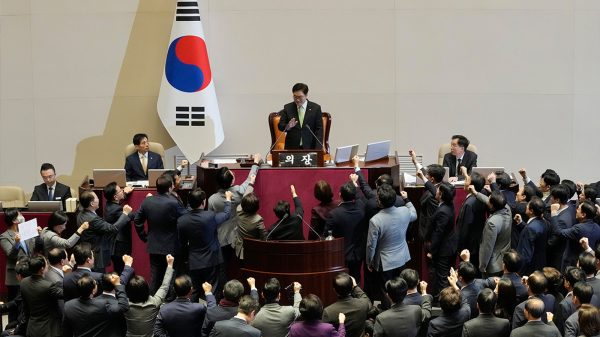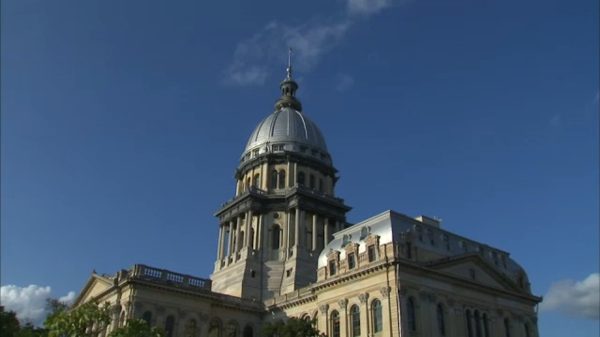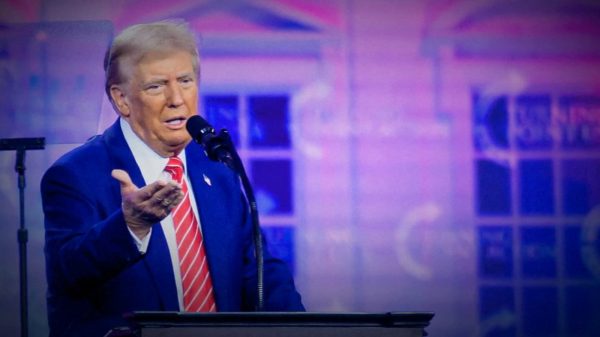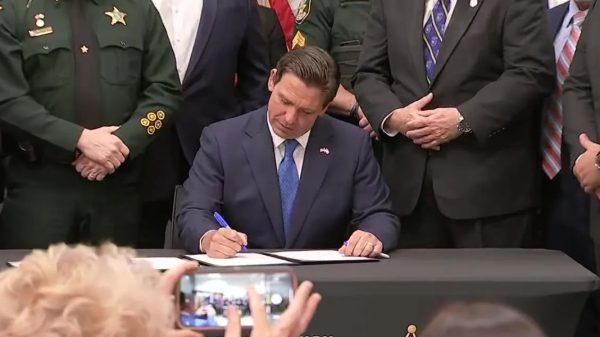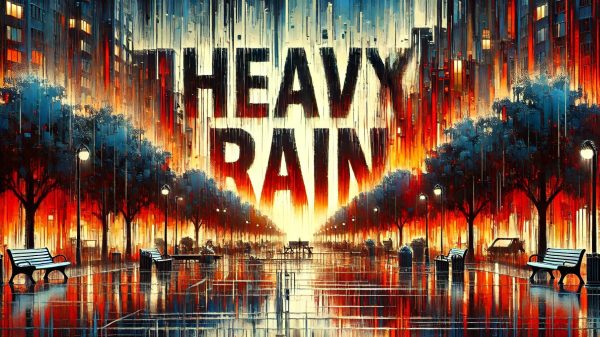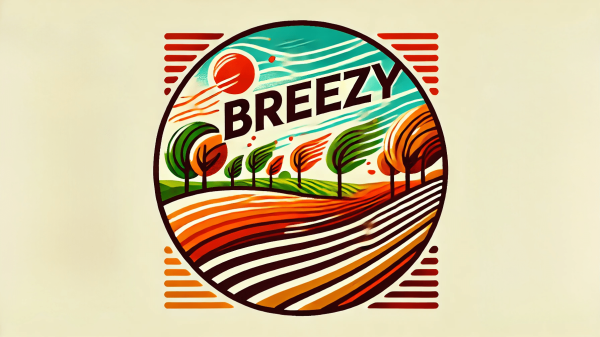Six million UK savers face unexpected tax bills on their savings due to frozen tax thresholds and rising interest rates, doubling the number from last year and affecting taxpayers across different income brackets.
Record Number of UK Savers Face Unexpected Tax Bills on Savings Due to Frozen Tax Thresholds and Rising Interest Rates
According to the report of the Telegraph, in a big financial change, more than six million savers in the UK are facing surprise tax bills on their savings because tax thresholds have stayed the same while interest rates have gone up. Analysis by Shawbrook shows that a record number of savings accounts will earn enough interest this year to go over the £1,000 tax-free allowance, which is double last year’s number. This increase happens because people are being pushed into higher tax brackets due to inflation raising their incomes.
This affects basic rate taxpayers the most, who now have to pay taxes on savings interest that used to be tax-free. HMRC data reveals that an extra one million taxpayers will owe tax on their savings interest this year. This includes 1.4 million basic rate taxpayers, 842,000 higher rate taxpayers, and 452,000 additional rate taxpayers. Even small amounts of savings interest can now push people into higher tax brackets, leading to much higher tax bills compared to previous years.
READ ALSO: $2 Million Settlement Alert: Wahlburgers Fined For Misleading Pickle Advertising – Claim Your Compensation Now!
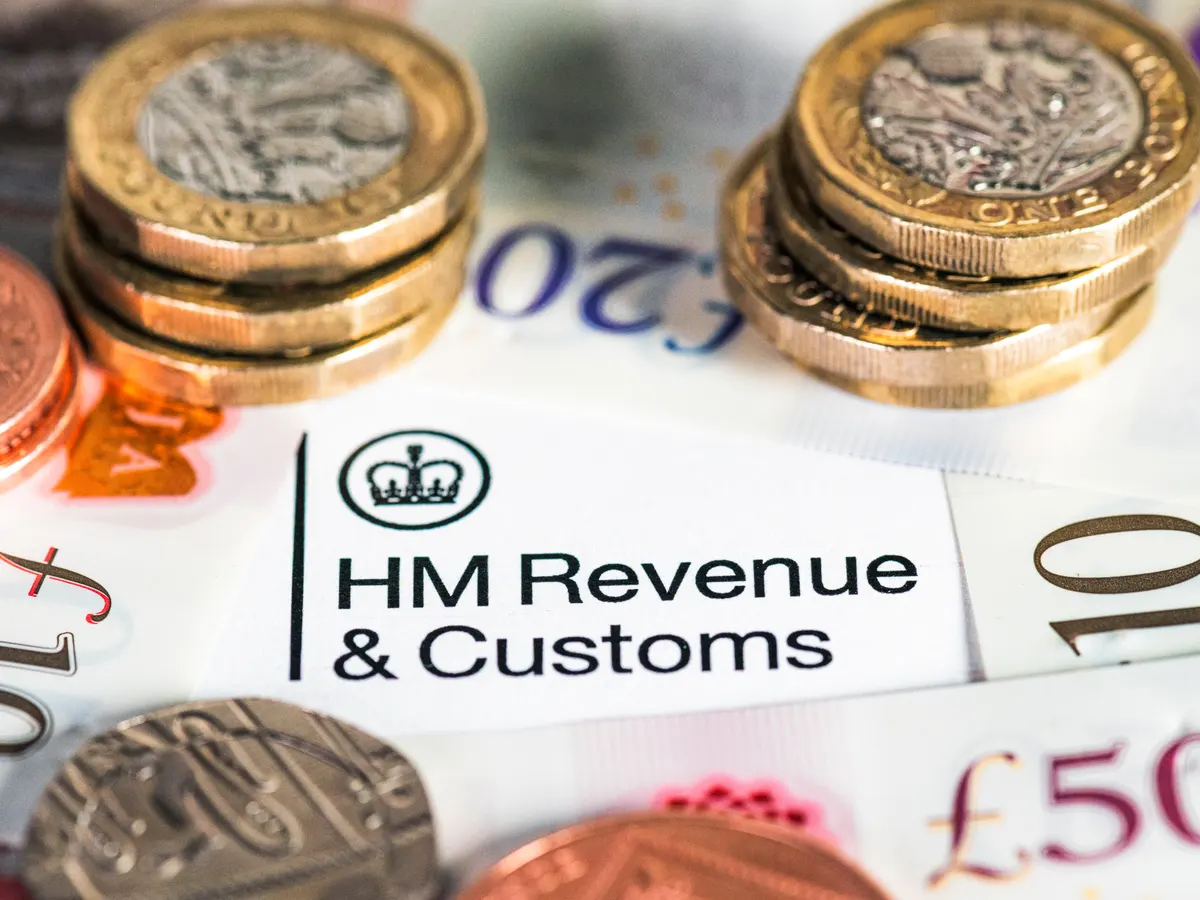
6.1 Million UK Savers Face Unexpected Tax Bills: £1,000 Interest Threshold Crushed by Inflation and Stagnant Tax Rates (PHOTO: The Guardian)
Experts Warn Frozen Tax Bands Could Lead to Higher Taxes on Modest Savings, Undermining £1,000 Tax-Free Allowance
Experts like Laura Suter from AJ Bell highlight the tough situation for savers, pointing out that frozen income tax bands are making things worse. Suter warns that even people with modest savings could end up paying higher tax rates unexpectedly, which undermines the purpose of the £1,000 tax-free savings allowance introduced in 2016. As taxpayers deal with these unexpected costs, the discussion about government financial policies and how they affect savings is becoming more important amid uncertain economic times.


